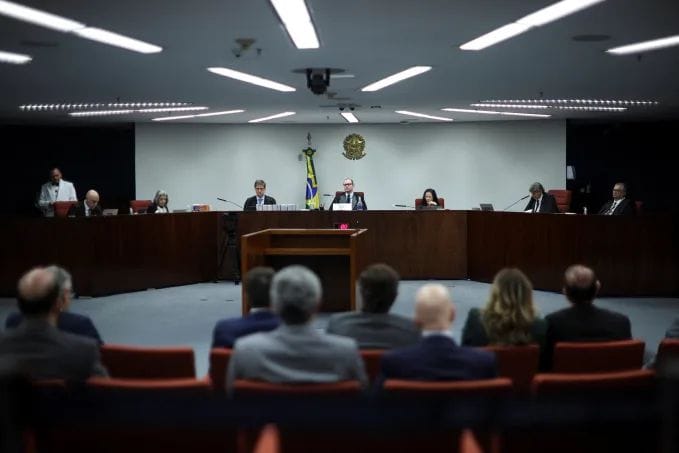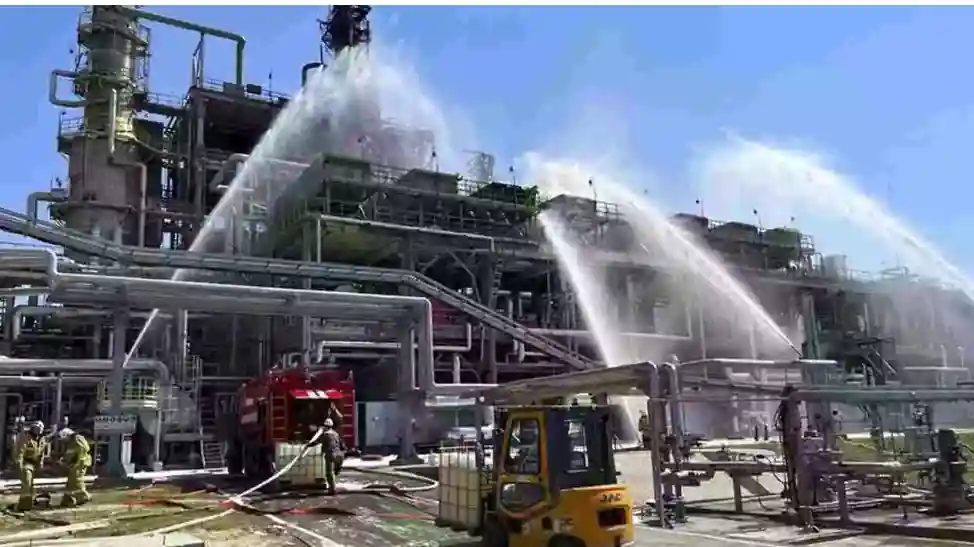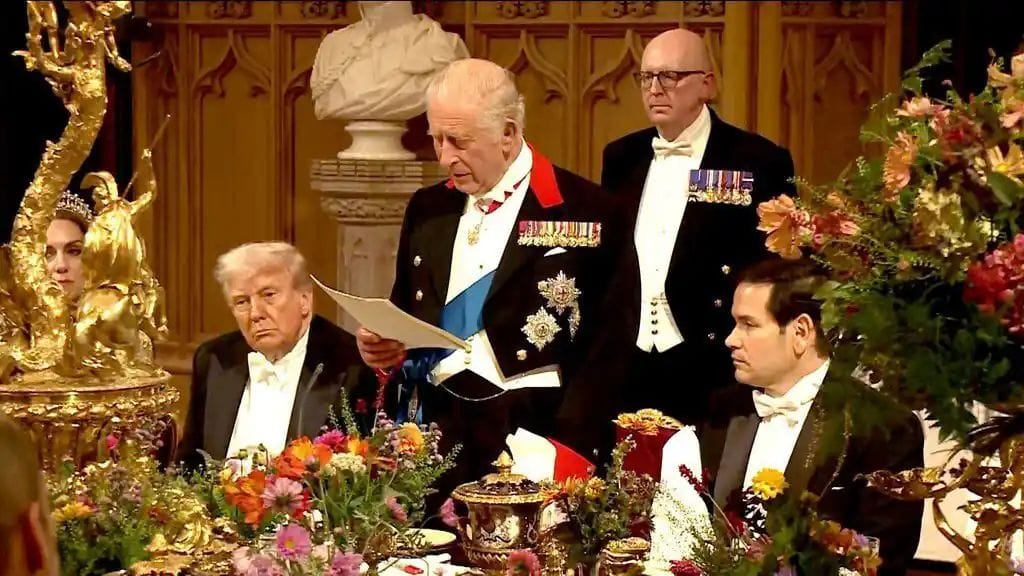Bolsonaro convicted in Brazil’s Supreme Court marks one of the most dramatic moments in modern political history. The former president, Jair Bolsonaro, has been handed a sentencing of 27 years and three months in prison for his role in a coup plot aimed at overturning the 2022 election results. This ruling not only reshapes Bolsonaro’s legacy but also forces Brazil to confront how fragile its democracy can be when tested by leaders unwilling to accept electoral defeat.

The judgment, delivered by the Supreme Court, represents a watershed moment in Latin American politics. Bolsonaro was found guilty of multiple charges, including leading a criminal organisation, attempting to abolish democratic rule, damaging public property, and conspiring to violently disrupt the constitutional order. Four of five justices voted to convict, while one dissented, raising questions about legal procedure but ultimately leaving the conviction intact.
A Historic Sentencing
This sentencing is unprecedented. Never before in Brazil’s history has a former president been convicted of trying to undermine the state through a coup plot. The case began shortly after the violent events of January 8, 2023, when thousands of Bolsonaro supporters stormed government buildings in Brasília in scenes eerily reminiscent of the U.S. Capitol riots of 2021. According to prosecutors, Bolsonaro encouraged the unrest and played a central role in coordinating and legitimising efforts to overturn the election results that brought President Luiz Inácio Lula da Silva back to power.
Bolsonaro, who governed from 2019 to 2022, has consistently denied the charges. He insists that the case is politically motivated and claims he is the victim of persecution. However, the Supreme Court argued that the evidence presented—videos, communications, and testimonies from allies—proved Bolsonaro’s direct involvement in encouraging the coup plot.
Democracy on Trial
For many Brazilians, the trial was about far more than the fate of one politician. At its core, it was a test of the country’s democracy. Would Brazil’s institutions hold firm against attempts to destabilise them? Would the Supreme Court prove capable of upholding the Constitution in the face of enormous political pressure?
The answer, at least for now, appears to be yes. The conviction is seen as a message to Bolsonaro and any leader tempted to subvert the electoral system. “This is about accountability,” said one political analyst. “Brazil’s democracy survived, but it came close to breaking. The sentencing shows consequences for anyone who tries to dismantle it.”
Bolsonaro’s Defence and Political Future
Bolsonaro’s lawyers have already announced plans to appeal the ruling, calling the trial unfair and the process flawed. They argue that the Supreme Court overstepped its jurisdiction and that the charges should have been heard in lower courts first. The dissenting justice, Luiz Fux, supported some of these concerns, questioning whether due process was fully respected.
Despite the conviction, Bolsonaro remains an influential figure. His base of loyal supporters continues to insist on his innocence, and his political movement—though leaderless for now—shows no signs of disappearing. Analysts believe the conviction will deepen divisions within Brazilian society, with many on properly framing Bolsonaro as a martyr of political persecution. In contrast, others view his downfall as essential to protecting democracy.
Currently, Bolsonaro is under house arrest, and the sentencing makes him ineligible to run for public office until at least 2030. Yet, discussions of possible appeals, amnesty, or even early release will keep him in the political spotlight for years.

International Reactions
The case has drawn international attention, with global leaders and organisations closely monitoring its impact. Human rights groups praised the ruling as a vigorous defence of democracy, while some conservative politicians abroad expressed concern over what they see as judicial overreach. Comparisons with former U.S. President Donald Trump—who also faced accusations of undermining election results—are inevitable. Both cases highlight the global challenge of addressing populist leaders who refuse to accept democratic outcomes.
For Latin America, Bolsonaro’s conviction could serve as a precedent. The region has long struggled with leaders who attempt to cling to power through unconstitutional means. The sentencing demonstrates that even the most powerful figures can be held accountable when institutions are strong enough to resist pressure.
A Divided Nation
Reactions on the streets of Brazil are mixed. Supporters of Lula’s government celebrated the conviction, seeing it as a triumph for the rule of law. Bolsonaro’s followers, however, denounced the verdict, holding rallies and demanding his release. The polarisation underscores Brazil’s challenges as it tries to heal from years of political conflict.
Still, the Supreme Court’s decision is a warning: Brazil’s democracy will not tolerate efforts to undermine it. Whether Bolsonaro successfully appeals, the case will remain a defining chapter in the nation’s political history.
Looking ahead, Bolsonaro is convicted
Bolsonaro’s conviction leaves Brazil at a crossroads. On one hand, the sentencing could strengthen the country’s democratic institutions by proving that no one is above the law. On the other hand, it risks deepening the divide between left and right, fueling resentment among those who feel disenfranchised by the system.
In the coming months, Brazil will have to balance these tensions carefully. The challenge will be ensuring that the justice system is seen as fair, not vengeful, while maintaining the integrity of its democracy. As appeals proceed and Bolsonaro’s movement continues agitating, the nation’s stability will depend on whether its leaders prioritise unity over division.
For now, history has been written: Bolsonaro convicted, sentenced to more than 27 years in prison, and Brazil’s Supreme Court making clear that attempts to orchestrate a coup plot will face the harshest consequences.
More news at Swiftreportnow


